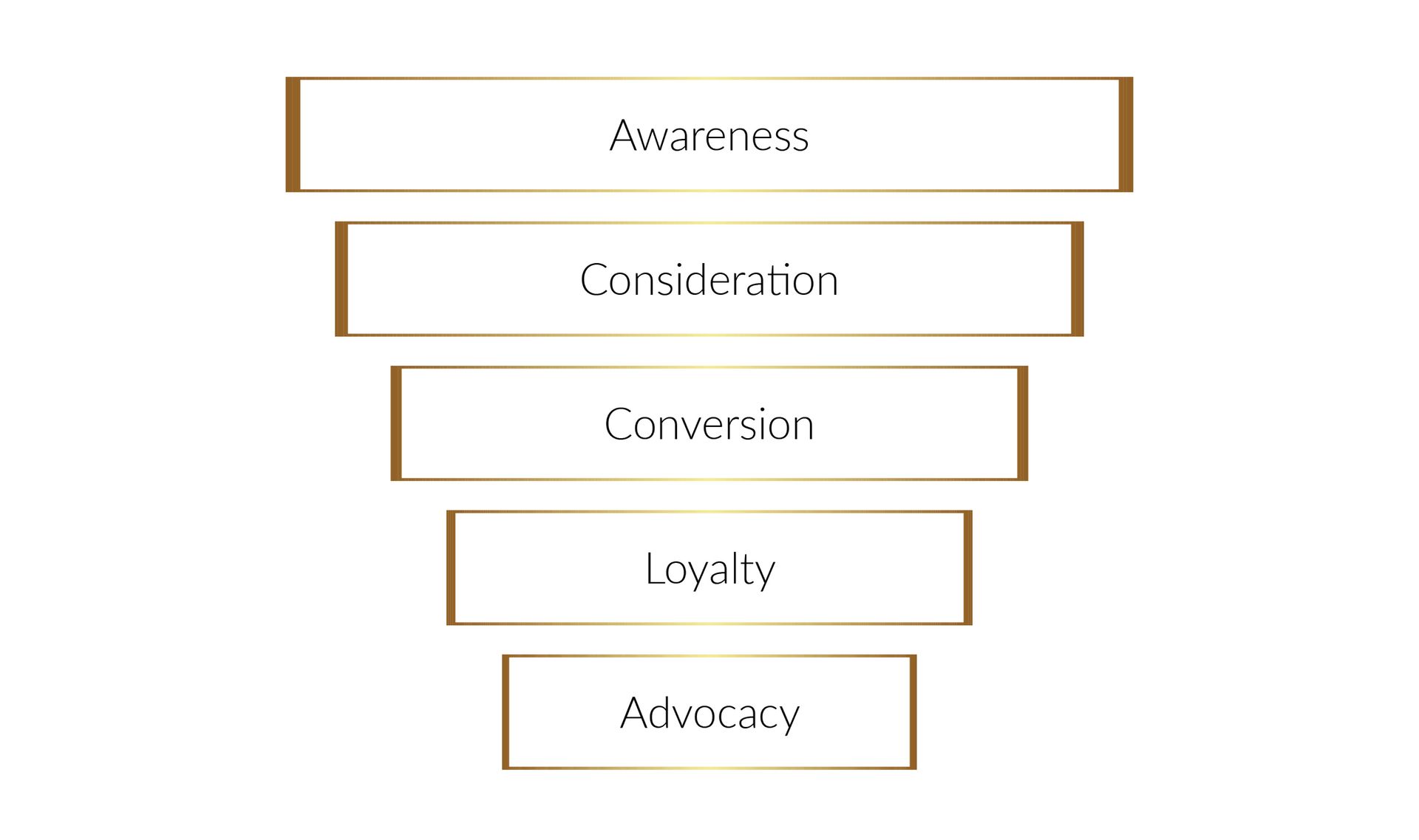Navigating the New Terrain: Handling HR Responsibilities Under New Labor Laws and Regulations
Adapting HR to New Labor Laws & Regulations
Understanding and navigating new labor laws and regulations is critical to HR responsibilities in the ever-evolving employment landscape. These legislative changes significantly impact HR policies and human resources professionals' work. From ensuring HR compliance to adapting HR practices to meet new legal requirements, these shifts demand attention and action. However, the complexities of labor law changes can often seem overwhelming. This blog aims to unravel these intricacies and provide valuable insights to help HR professionals effectively respond to this dynamic legal environment. We'll explore the impact of labor laws on HR, discuss strategies for adapting HR to new rules, and delve into the importance of meeting legal requirements in workplace regulations. By staying informed and proactive, HR departments can continue to thrive and support their organizations amidst these changes.
Understanding the Impact of New Labor Laws
The world of human resources is deeply intertwined with labor laws and regulations. As new rules emerge, HR responsibilities must adapt to remain compliant and foster a productive and legally sound workplace. Recent labor law changes have led to substantial shifts in HR policies across various industries.
For instance, the augmentation of workplace regulations regarding remote work has necessitated adjustments in how HR departments manage employees who work from home. These laws have reshaped the terrain of HR responsibilities, demanding that professionals reassess their strategies for employee engagement, productivity, and dispute resolution.
Moreover, changes in labor laws also have implications for HR compliance. Regulatory compliance is a significant aspect of HR responsibilities, and failing to adhere to new labor laws can result in legal repercussions for the company. HR professionals need to stay informed about changes in labor regulations and continuously update their company's policies and procedures to reflect these changes.
The impact of labor laws on HR also extends to the realm of benefits and compensation. New labor laws often mandate changes in minimum wages, overtime pay, family leave policies, and more. These shifts compel HR departments to reassess their existing compensation structures and benefits packages.
Adapting HR to new laws is about more than avoiding legal trouble. It's about fostering a workplace that is fair, equitable, and in tune with the latest standards of employee rights and protections. Through understanding the impact of new labor laws, HR professionals can ensure they're not just reacting to changes but proactively shaping a work environment that respects and upholds these new legal requirements.
Adapting HR Practices to Comply with New Regulations
Adapting HR practices to new labor regulations is paramount in maintaining a legally compliant and productive work environment. The process starts with understanding the implications of new labor laws and their impact on HR policies. But understanding alone is insufficient – this knowledge must translate into proactive steps ensuring HR compliance.
A vital aspect of this adaptation is reviewing and updating HR policies to reflect changes in labor laws. This could involve adjustments in policies regarding remote work, employee benefits, overtime pay, and more. It's essential for HR professionals to not only understand the legal requirements but to communicate these changes effectively to all employees. This ensures that everyone knows their rights and responsibilities under these new laws.
Implementing effective training programs is another crucial aspect of adapting HR to new laws. HR professionals should be equipped with the necessary skills and knowledge to navigate the complexities of new labor regulations. Regular training sessions can help HR teams stay updated on recent changes and understand how these laws impact their day-to-day responsibilities.
Workplace regulations have also evolved, meaning HR practices must incorporate these changes. For instance, rules around workplace safety, especially in light of the global pandemic, have been updated. HR must ensure that these regulations are enforced and that employees know of any changes.
Adapting HR practices also involves thoroughly reviewing employment contracts and employee handbooks. These documents must be updated to reflect new labor regulations. The goal is to ensure HR compliance at all levels of the organization.
In conclusion, adapting HR practices to comply with new labor regulations is a dynamic process that requires vigilance, continuous learning, and proactive communication. It's a challenging yet necessary aspect of HR responsibilities, ensuring a harmonious balance between organizational objectives and legal requirements.
HR Compliance: Legal Meeting Requirements
HR compliance and meeting legal requirements have become more critical in a rapidly evolving business landscape. The advent of new labor laws has added complexity to HR responsibilities, making it essential for HR professionals to be well-versed in the legal landscape and regulatory requirements.
Non-compliance with labor regulations can lead to severe consequences, including legal disputes, hefty fines, reputational damage, and decreased employee morale. As such, a proactive approach to HR compliance is paramount. This involves understanding the implications of labor law changes, regularly reviewing and updating HR policies, and ensuring workplace regulations are adhered to.
To meet legal requirements, HR departments must be diligent in their record-keeping and documentation. This includes maintaining up-to-date employee records, logging hours worked, tracking leave, and managing overtime following the new laws. Automation can significantly assist in this regard, with HR software solutions providing comprehensive tools for managing these tasks effectively and efficiently.
Furthermore, HR professionals should continuously learn and develop to stay abreast of new laws and regulations. This might involve attending seminars, webinars, workshops, or courses on labor law changes and HR compliance. Having a designated legal advisor or a legal team can also be beneficial, offering expert guidance on complex legal matters and ensuring that the organization is always on the right side of the law.
Lastly, communication is critical. HR must ensure that all employees, managers, and stakeholders are informed about changes in labor laws and their impact on HR policies. This can be achieved through regular updates, training sessions, and open forums for discussion.
Navigating new labor laws requires knowledge, strategic planning, effective communication, and the right tools. By embracing these elements, HR can ensure compliance, mitigate risks, and foster a fair, respectful, and legally compliant workplace.
Case Study: Successful Adaptation to New Labor Laws
To illustrate the power of successful adaptation to new labor laws, let's look at a recent case involving a multinational corporation. With over 20,000 employees worldwide, this company faced a challenge when new labor regulations were introduced, significantly affecting its HR responsibilities and policies.
The new laws encompassed various aspects of labor regulations, including workplace safety, overtime pay, and flexible working arrangements. The company initiated a comprehensive review of its HR policies and procedures to ensure HR compliance.
The first step in their approach was to thoroughly analyze the new labor laws and their implications. The HR team partnered with legal experts to understand the nuances of the rules and how they affected the current operations. This collaboration highlighted the HR policies that needed to be revised in light of the labor law changes.
Adapting HR to the new laws involved a multi-pronged strategy. The company updated its HR policies to meet the new regulations, particularly around flexible work arrangements and overtime pay. They also invested in HR software to automate record-keeping and ensure accurate tracking of hours worked, leave taken, and overtime.
One of the critical aspects of their adaptation strategy was communication. The HR team conducted regular meetings and training sessions to inform employees about the changes and their rights under the new laws. This open communication ensured that everyone was aware of the changes and fostered a sense of trust and transparency within the organization.
The company's proactive and comprehensive approach to adapting to the new labor laws led to successful HR compliance. There was a noticeable increase in employee engagement and satisfaction, reflecting the positive impact of the new HR policies. The company is a powerful example of how adapting to new labor laws can foster a more productive and content workforce.
Conclusion and Future Implications
In the rapidly evolving landscape of the modern workplace, HR responsibilities continue to grow, encompassing not only the management of personnel but also ensuring compliance with ever-changing labor laws and regulations. The importance of adaptability in HR must be considered. It is integral to the future of work, particularly as labor law changes dictate the need for continuous revision of HR policies.
As we anticipate potential changes in labor laws, HR professionals must remain informed, adaptable, and proactive. By doing so, they can ensure they meet the legal requirements and foster a fair, inclusive, and productive workplace environment.




